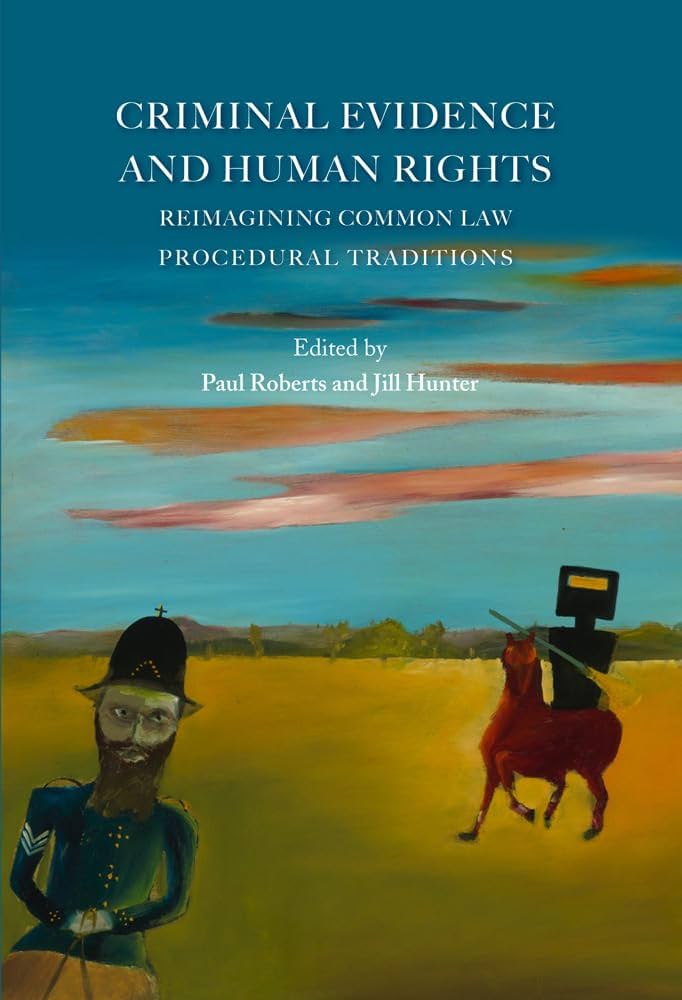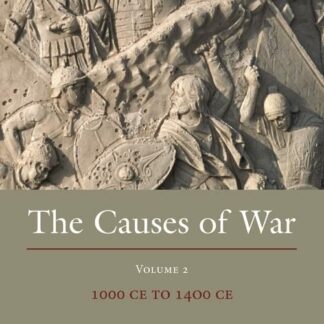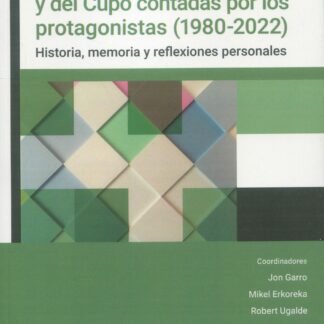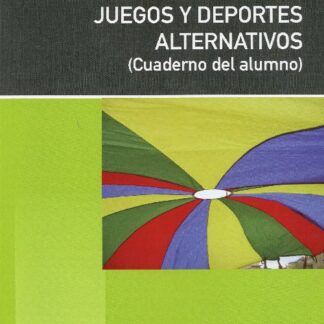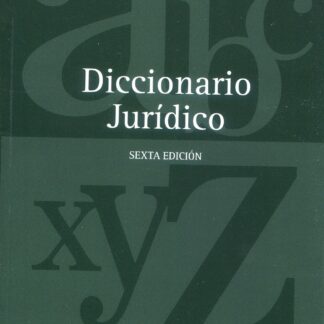Descripción
Criminal Evidence and Human Rights Reimagining Common Law Procedural Traditions
Criminal procedure in the common law world is being recast in the image of human rights.
The cumulative impact of human rights laws, both international and domestic, presages a revolution
in common law procedural traditions. Comprising 16 essays plus the editors’ thematic introduction, this
volume explores various aspects of the ‘human rights revolution’ in criminal evidence and procedure in
Australia, Canada, England and Wales, Hong Kong, Malaysia, New Zealand, Northern Ireland, the Republic
of Ireland, Singapore, Scotland, South Africa and the USA. The contributors provide expert evaluations of their
own domestic law and practice with frequent reference to comparative experiences in other jurisdictions.
Some essays focus on specific topics, such as evidence obtained by torture, the presumption of innocence,
hearsay, the privilege against self-incrimination, and ‘rape shield’ laws. Others seek to draw more general
lessons about the context of law reform, the epistemic demands of the right to a fair trial, the domestic
impact of supra-national legal standards (especially the ECHR), and the scope for reimagining
common law procedures through the medium of human rights.This edited collection showcases
the latest theoretically informed, methodologically astute and doctrinally rigorous scholarship
TÍTULOS RELACIONADOS: DERECHO PENAL CRIMINOLOGÍA

